

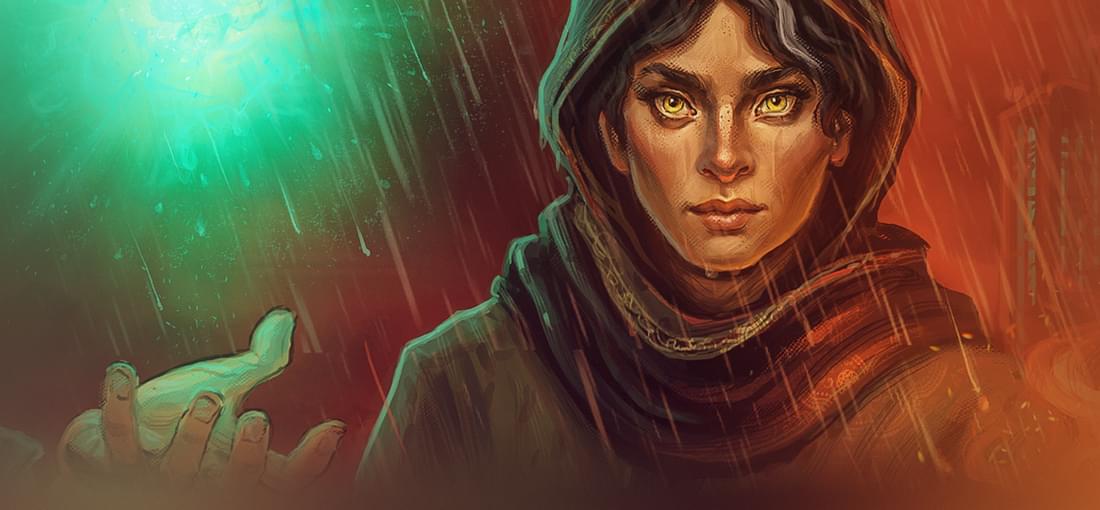
Unavowed is a great ride and exactly what I want out of an adventure game. Even going in with high expectations, I was surprised just how invested I became in the story and how attached I became to my little scooby gang. You play a character who has forgotten the last year after being possessed by a demon. As the story progresses you must retrace your steps, figuring out what your mental joyrider was doing all that time. It's set in the same universe as the Blackwell series and there are some nods that fans will appreciate, but it's a welcoming entry point for newcomers. The game is mostly broken into episodic cases. This helps make both the story and its puzzles bite-sized. While Unavowed was to some extent one of those games I had trouble putting down, the episodic structure makes for clean stopping points that made it a little easier to call it a night, which I appreciated. Speaking of puzzles, be aware they serve the story, not the other way around. That's the way I like it, and if story is king for you too, Unavowed is highly recommended. However, if you are hoping for riddles and brain teasers you may be disappointed. There IS a little of that classic adventure game sensibility here - instances where you have to connect several dots or find hidden meaning. And even in Unavowed, you are still going to be best off picking up anything that isn't nailed down. However, the majority of the "puzzles" boil down to figuring out the next logical step in the story. The music and 2D art are beautiful and really give the world its own feel. Voice acting is mostly top notch, and even the lesser performances are still decent. If you're familiar with genre fiction there may not be too many surprises in Unavowed's twists and turns. However, the execution is solid and many of the characters are compelling and memorable. I'd highly recommend it to urban fantasy fans and, really, to any story-focused player.
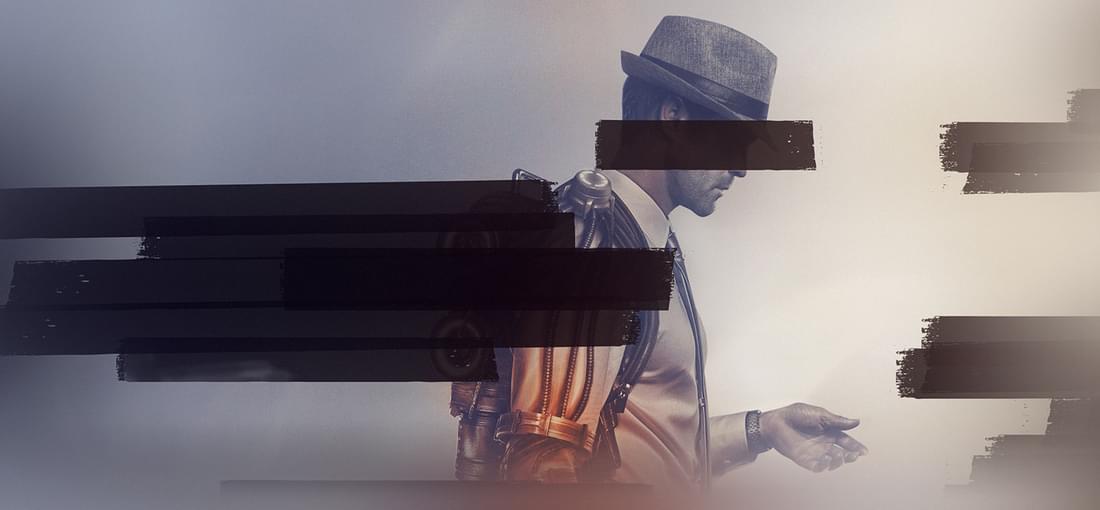
This is a solid game that will fit the bill if you want a fun cover shooter. It does its best to make its mechanics connected to XCOM, with a slow upgrade path into alien weaponry and a Mass Effect-like teammate control system. Ultimately, the attempts to tie into the franchise mechanically didn't work very well for me. Part of the problem is that while the game _wants_ you to rely on your AI teammates for that XCOM squaddies feel, the AI's competence varies a good deal. In the worst difficulty spikes - usually boss battles - it can be harder to try to keep your soldiers upright than to just go it alone and focus on staying alive yourself. I came to regard my teammates as walking distractions & power banks rather than associating any real character to them. The story is like most of the other aspects of the game, mostly mediocre, but solid and better than you might expect from what might appear to be a cynical franchise cash-in. Some real effort went into the plot and characters. The (mostly optional) between-mission conversations can feel a little disconnected from the corridor shooter that forms the meat of the game, but in the end I found it did provide a good atmosphere. There are even a few genuine twists that pleasantly surprised me. The writing felt like it did a better job making a connection with XCOM than the mechanics. Ultimately forgettable, but decent fun.
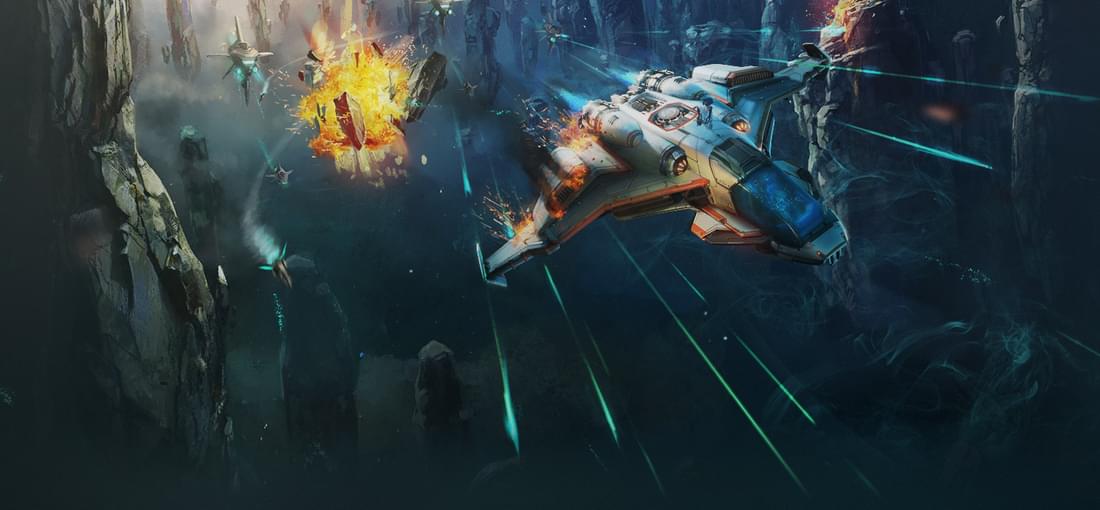
Freelancer-style space combat meets Rogue Legacy-style randomness and progression. It's a tough game where you are expected to lose a lot. Each loss lets you spend whatever currency you gained on permanent Perks. Unlocks for the crafting system and rule-changing "Enhancements" are permanent too. Three different ship types with a variety of mix-and-match weapons and defensive devices offer a number of different play styles to experiment with. The game plays out as a succession of interesting risk/reward situations that keeps the stakes interesting. If things are too hot you can usually try to flee to the next area, but but that won't gain you any loot. Thanks to the permanent upgrades those stakes never feel too high though - it's a great recipe for satisfying trial and error. Even if losing a run leaves you feeling bummed about a nice piece of equipment left behind, balancing that out is the Perks screen waiting for you to buy a new shiny upgrade. Good mechanics are supported by excellent craftsmanship. The world of Everspace is beautiful. This is one of those games where it's a joy just to take in the view. The story isn't remarkable, but it isn't overblown either and mostly stays out of your way. The game's biggest weakness is repetition. I enjoy playing it one or two sessions per week, but this is not a game you'd want to binge. Although there's a good amount of variation sprinkled over the game, inevitably there will come a point when you have seen it all or close to it. There is a final win condition. All but the best players will want to work towards a little at a time. The only thing I have to criticize is that many perks specifically upgrade only one ship type. This gives the player incentive to specialize with one ship type run after run, instead of using a variety. In the long run you can potentially buy everything, of course, but I do think there should have been fewer ship-specific perks.

After finishing it, I count The Beast Within among my favorite adventure games. That's an impressive turnaround for a game I almost abandoned at the outset. The Beast Within did not have the advantage of nostalgia with me, as I've only played Gabriel Knight games in recent years. Additionally, I am generally skeptical of FMV games. Even after enjoying Sins of the Fathers, I almost passed this one by when I realized it had abandoned the hand-drawn art of that first game for video. What a mistake that would have been! I now count The Beast Within among my favorite adventure games. I was in fact put off by the FMV at first: while the budget is no doubt impressive for games of the era, its limits do sometimes show, and the acting has both high and low points. A slow-to-start story was doing it no favors either. On the basis of the first game and good reviews of this one, I pushed forward. The story soon gathers momentum if you give it a chance. Wonder of wonders, somewhere along the way I realized my friction with the FMV was gone. The video helps to deliver a moody, atmospheric tale that I now can't imagine being as good without live actors. Get past the sometimes-awkward introductory parts of the game, and I think you'll find yourself pulled in too, so long as this sort of horror/mystery is up your alley. After all this praise, I do have to hold out the warning that The Beast Within suffers some of the same issues many point-and-click adventures do. Puzzles largely have one single solution, and you better be up to the task of figuring it out or at least stumbling into it. Unless you enjoy a head-scratcher or two, you may want a hint now and then. Overall, I heartily recommend Beast Within to any adventure player - especially those who either love FMV, or are FMV-skeptical but open to being proved wrong.
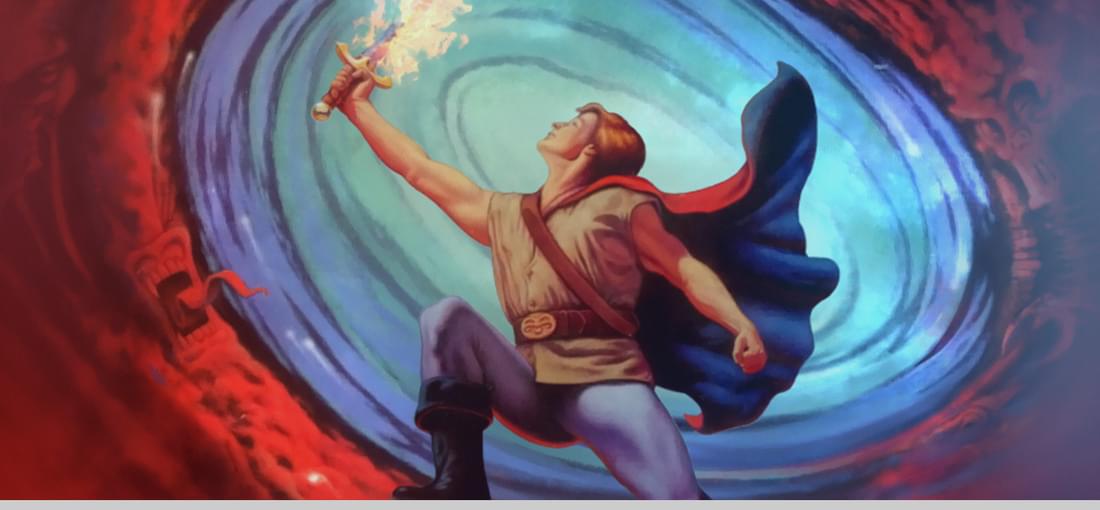
Quest for Glory is one of the best series to come out of classic Sierra. The writing and art are well done, lovely in themselves and offering good homage to the folk and fairy tales they are based on. The gameplay holds up surprisingly well too: combining a stats sheet and combat and other minigames with traditional Sierra point and click adventuring makes for a much more balanced package of play than your typical Sierra Quest. Varied classes and skills provide excellent replayability for anyone interested in going through more than once. The series is not perfect: even the QFGs have the odd frustrating "guess the designer's thoughts" puzzle design endemic to Sierra adventures. Combat varies greatly from game to game in both design and quality, with 2 and 4 being the standouts where all classes are truly fun to bring to battle. Once upon a time, one could also complain of glitchiness in some of the titles, though thankfully GOG's collection comes with DOSbox tweaking and fan patches pre-applied to polish over most of the old bugs. All in all recommended for any lover of classic gaming. Make sure to play the fantastic AGDI remake of #2 instead of the EGA version in this collection!
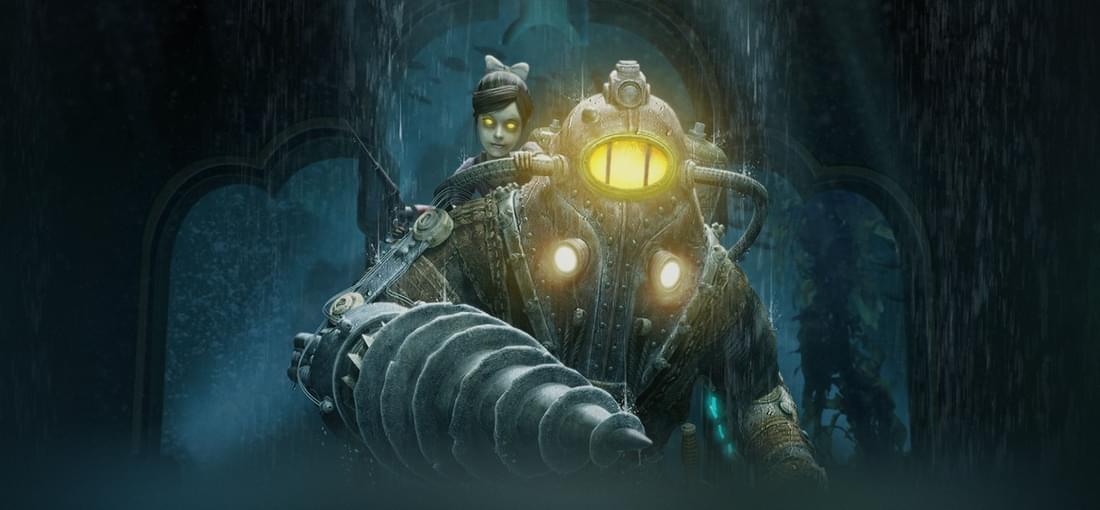
Bioshock 2 is among the finest shooters I've played. The mechanics are a satisfying sequel to Bioshock 1's, improving on the original's combat while introducing new enemies, weapons, and simple but important refinements. 2's combat feels like what the original's always should have been. Good combat is paired with a well written story. It features many similar elements to the original: a sociopolitical melodrama, driven by ideologues, delivered mainly through audio logs. However, I would say it's of a different kind than Bioshock 1: where the first was primarily the story of Rapture, told through some key characters, 2 feels like the story of a few key characters that happens to be set in Rapture. 2's story starts slow - you could be forgiven for thinking it's not going much of anywhere in the first few levels - but builds a steady head of steam, arriving at a well-constructed finale that outdoes the unfortunate lack of self-confidence 1 showed in its own final chapters. Unfortunately, Bioshock 2 Remastered does not offer a chance to experience all of this unfettered. The Remastered version was clearly not ready to come out of the oven. Even after some patching, the game remains unstable. For me it crashes every 1-4 hours. As you can see from other reviews, while experiences differ, a great proportion of players experience random and somewhat frequent crashing. It's a real bummer to get dumped to your desktop 30 minutes after your last save. If you play the Remastered version, make frequent use of the Quick Save - and consider outright ignoring the Remastered edition and playing the included Classic version instead.